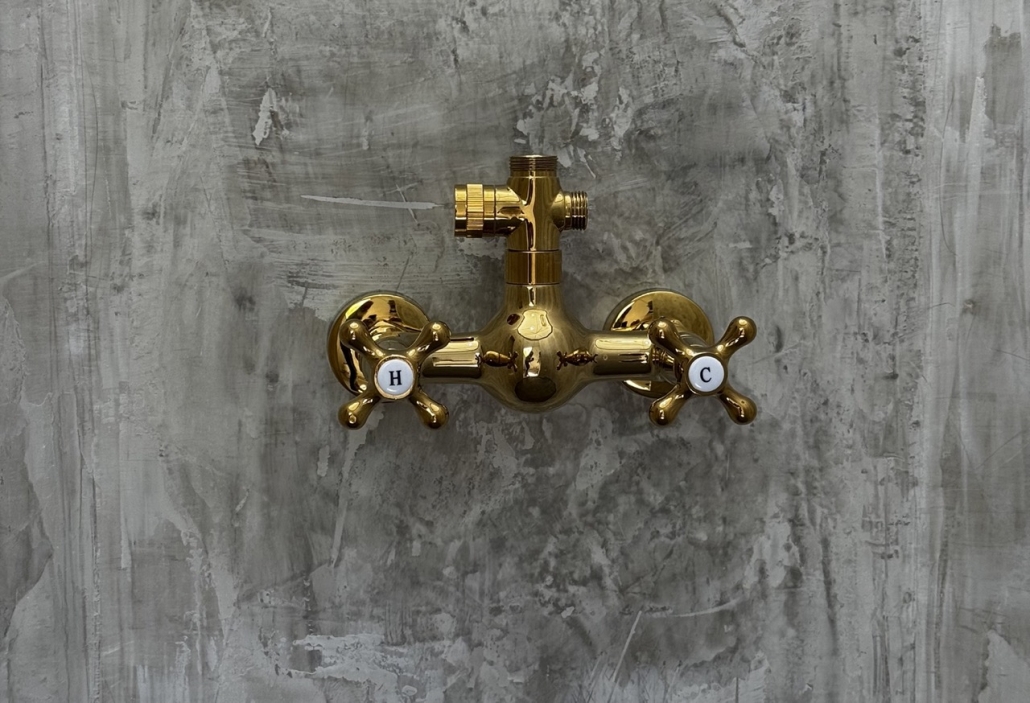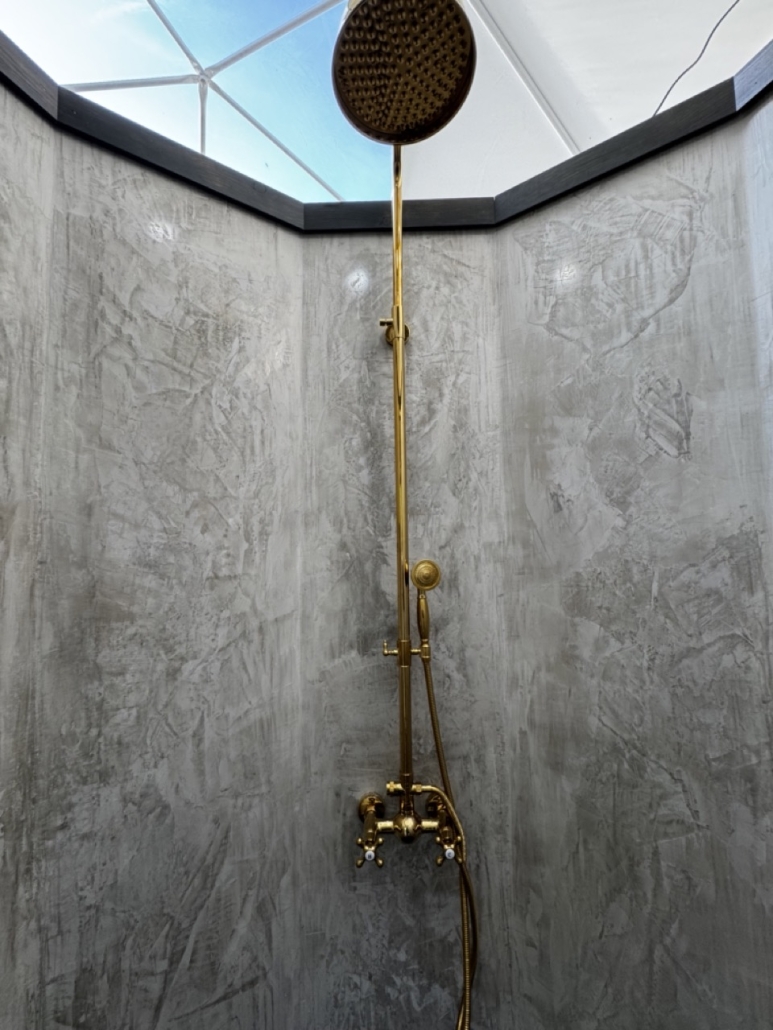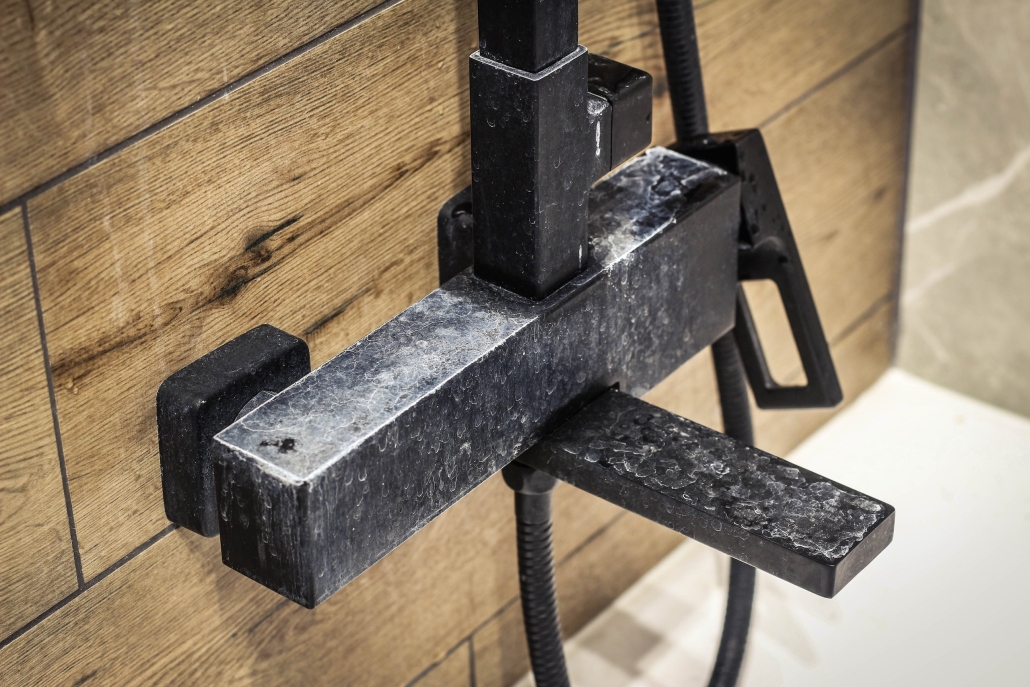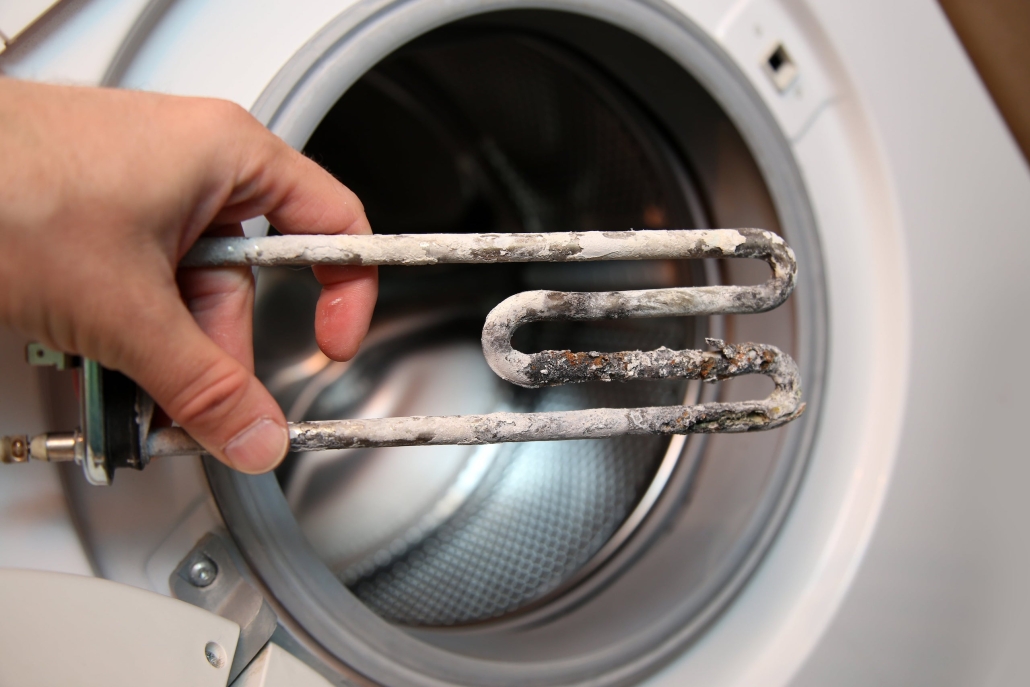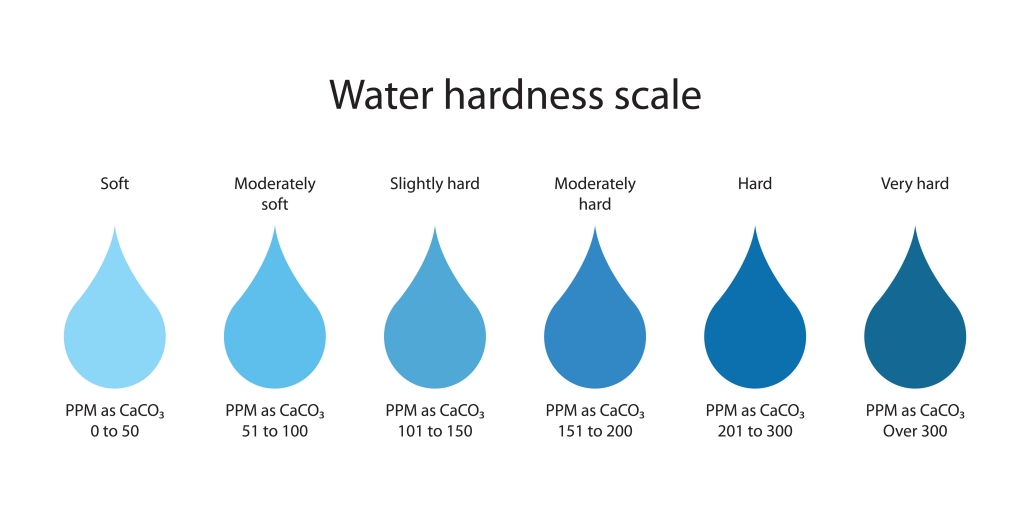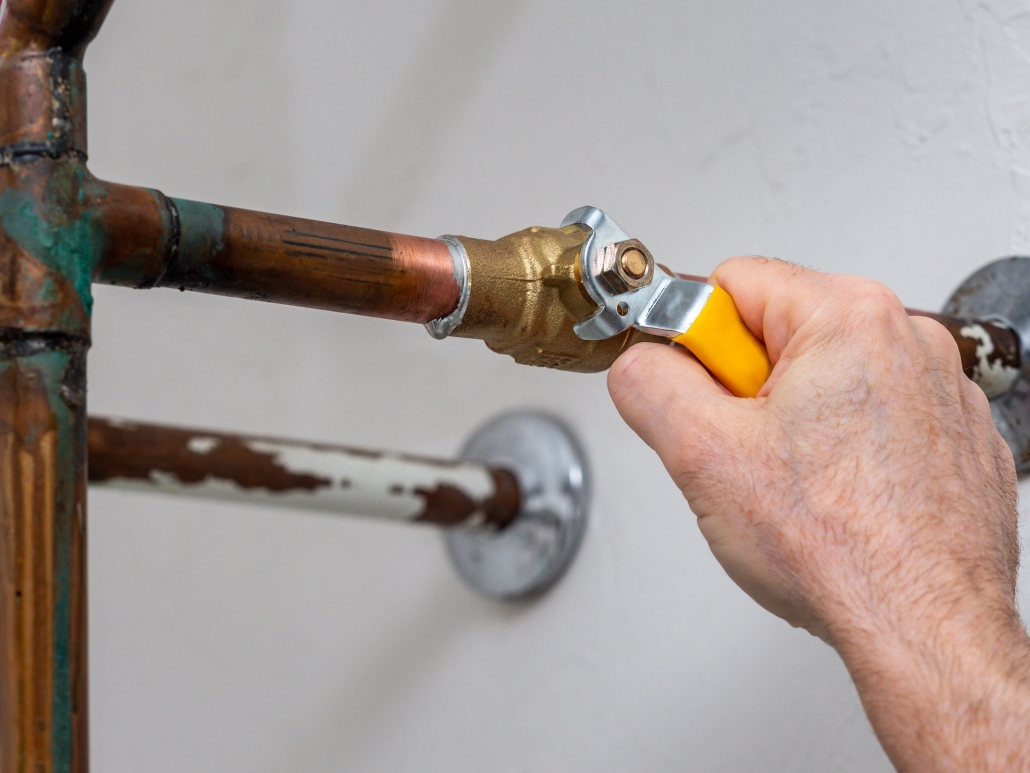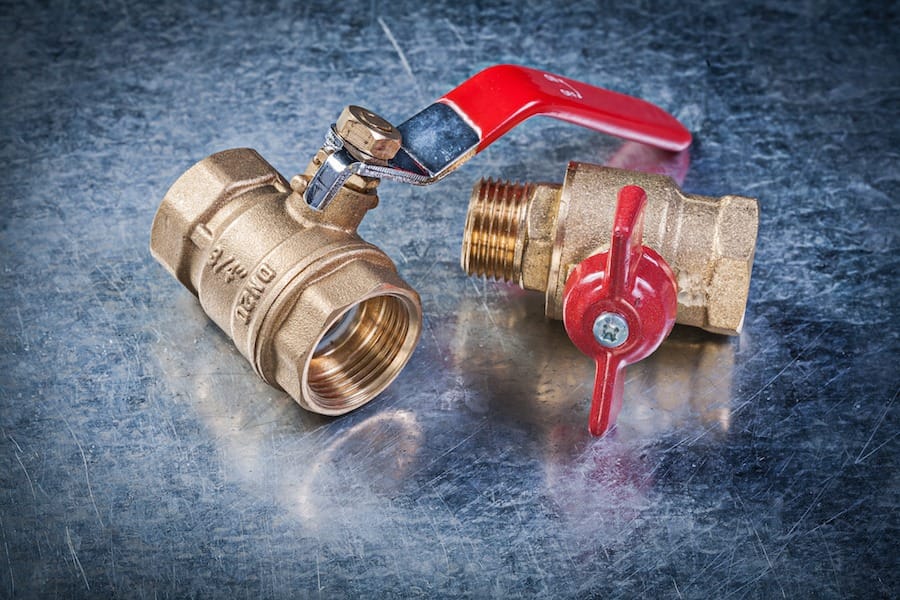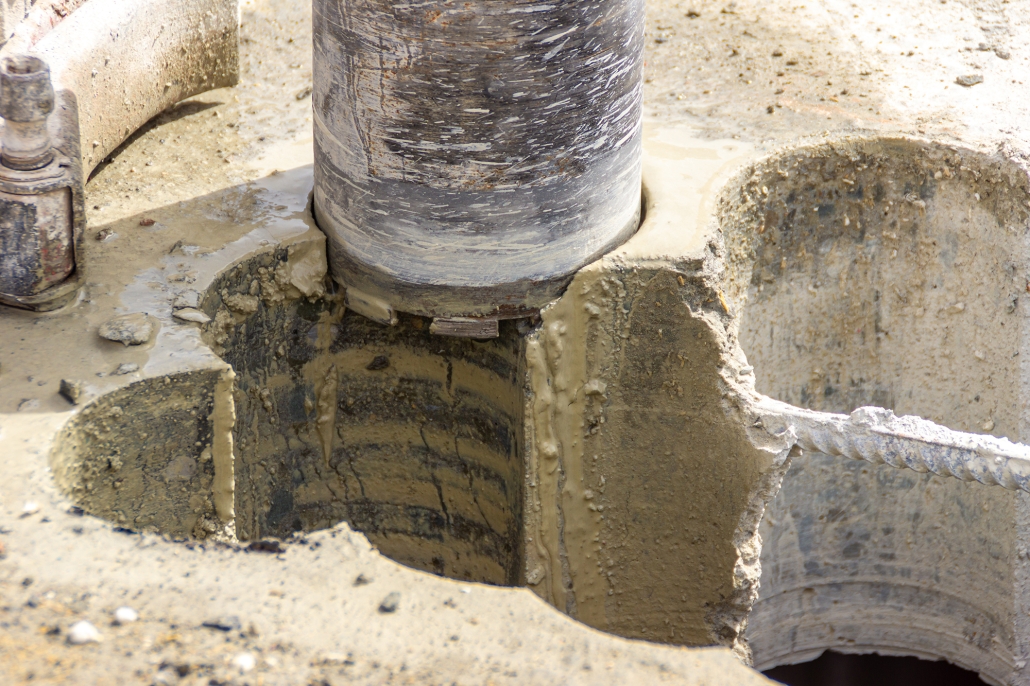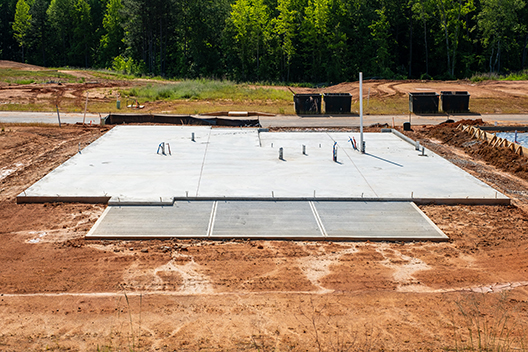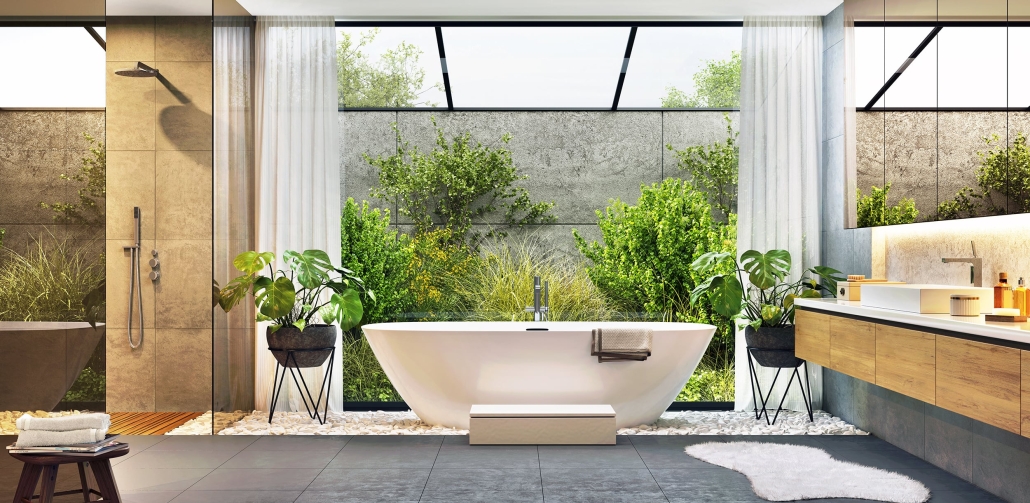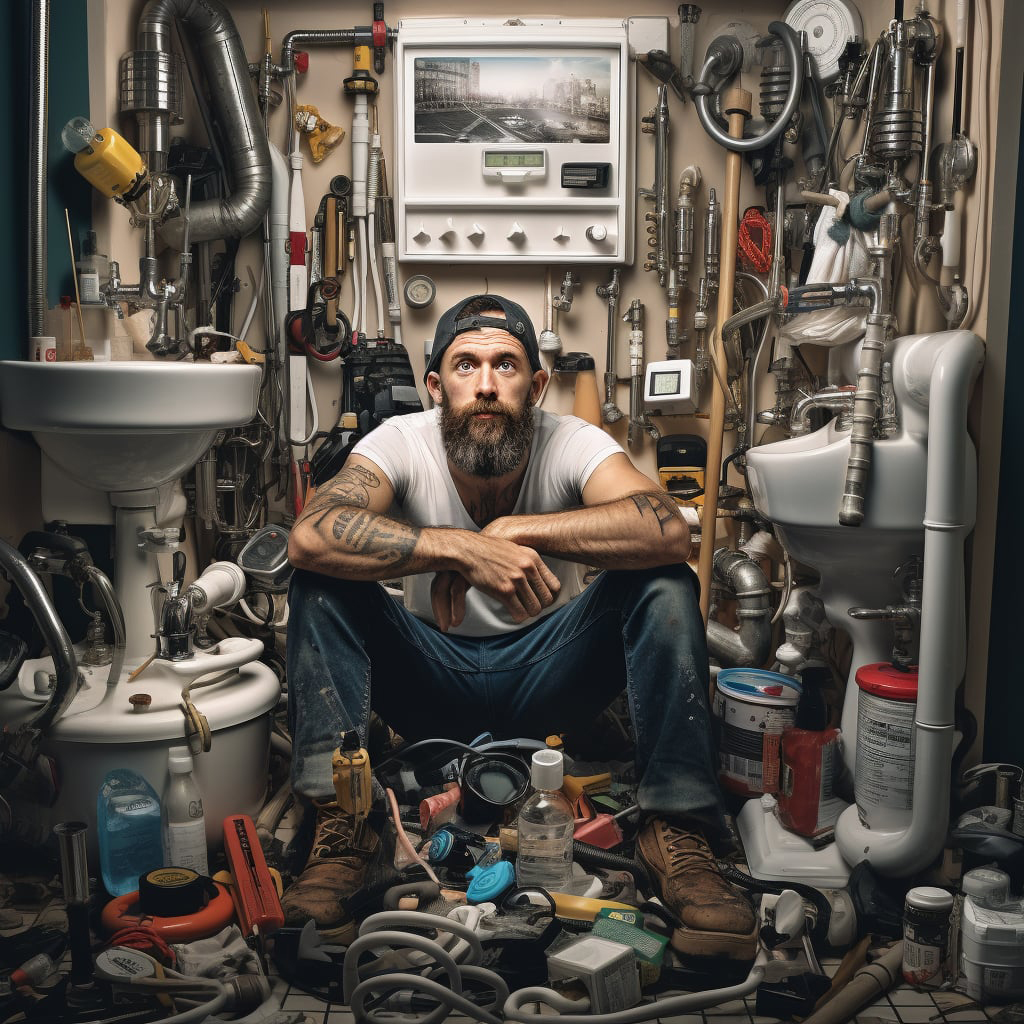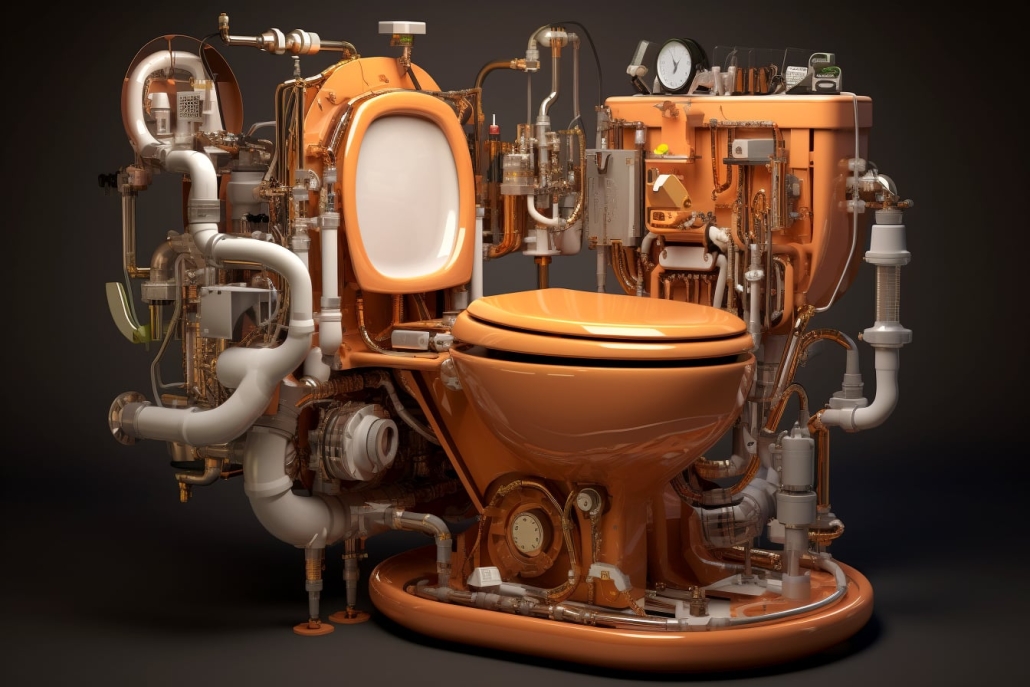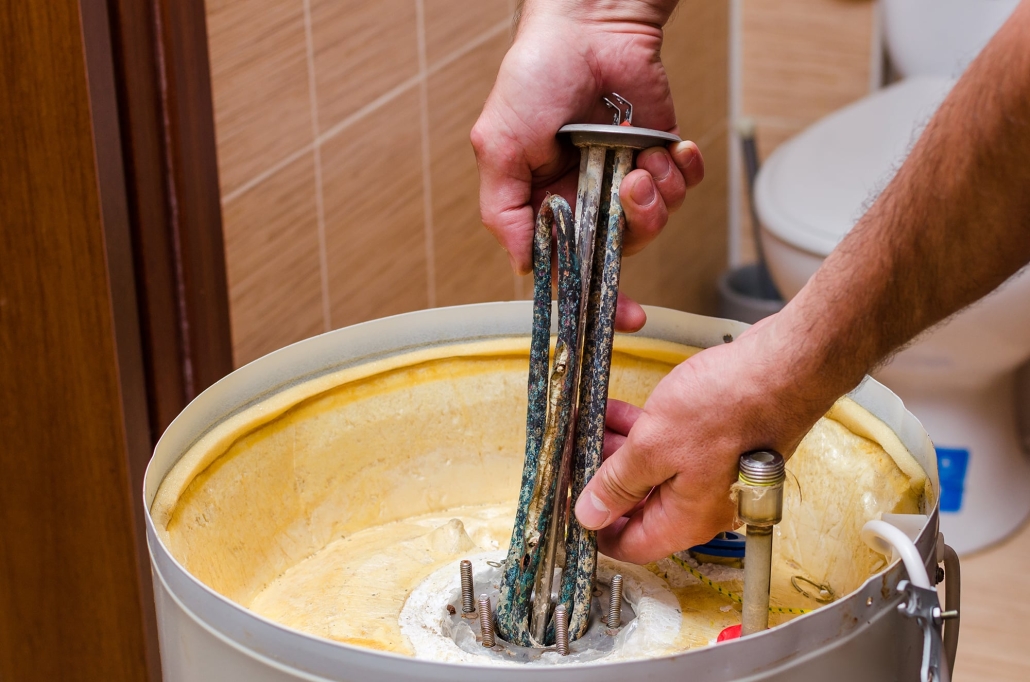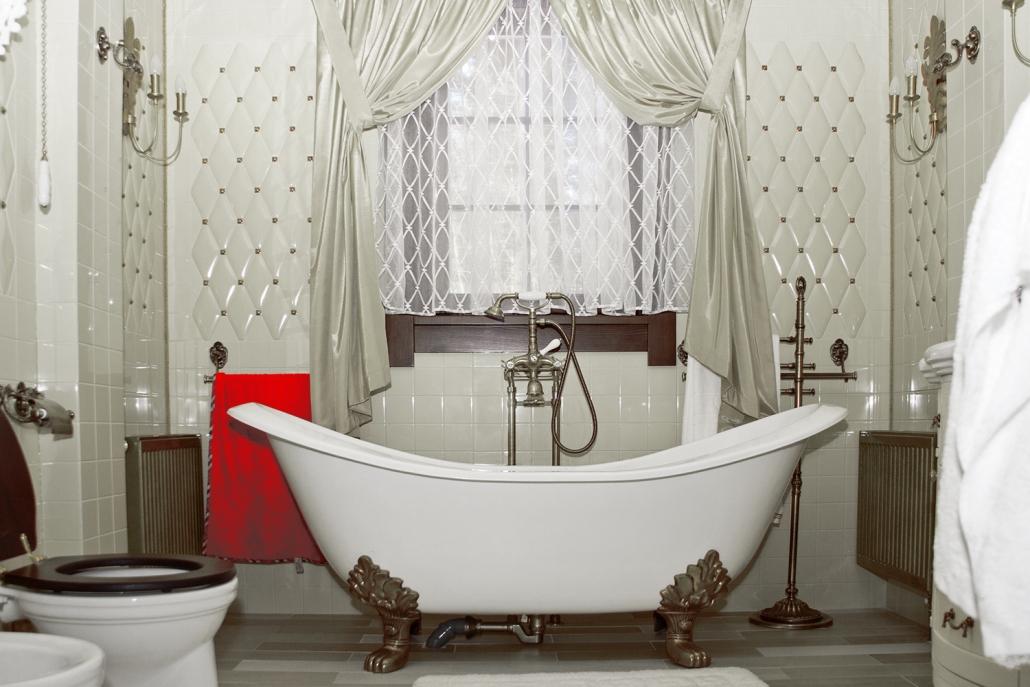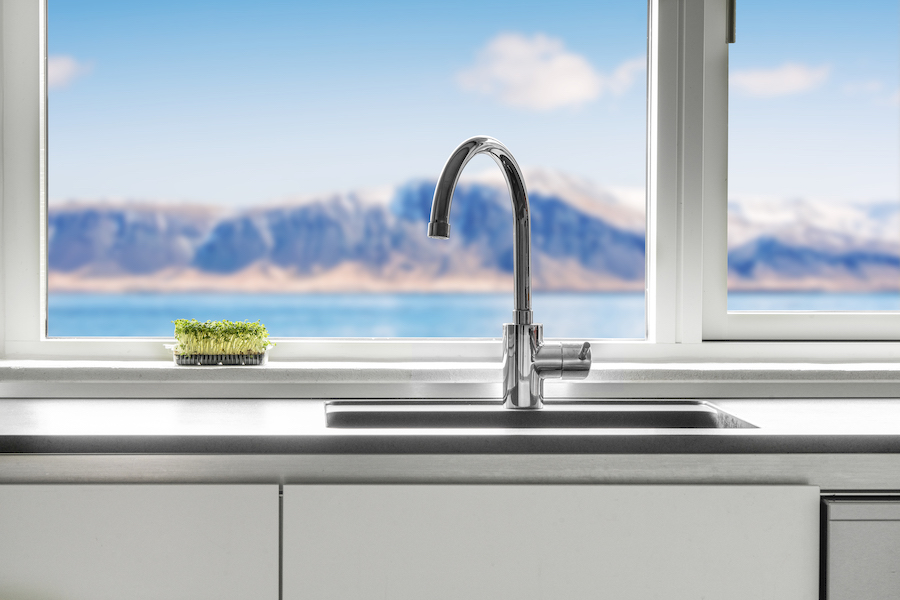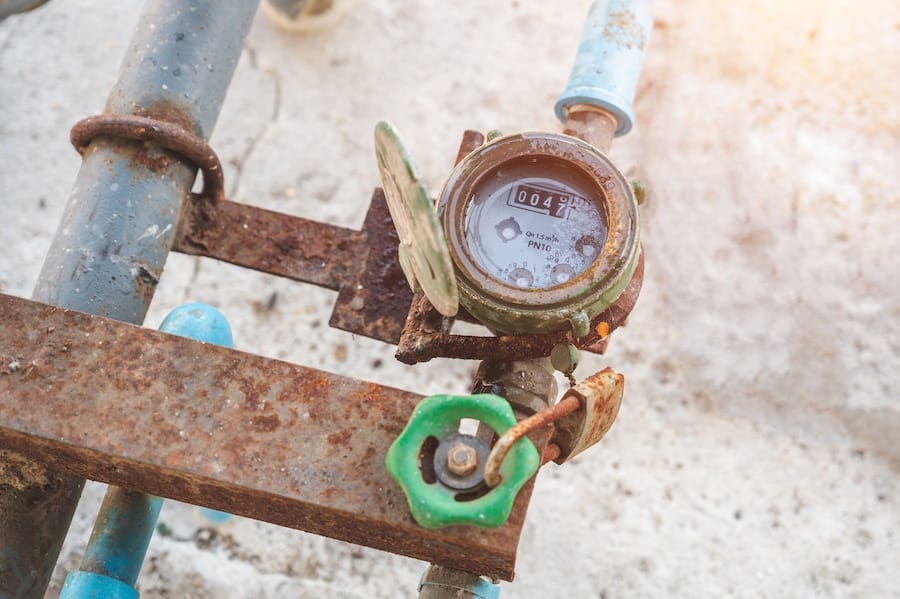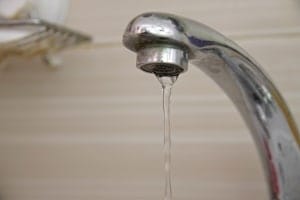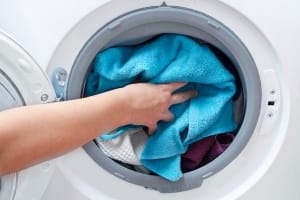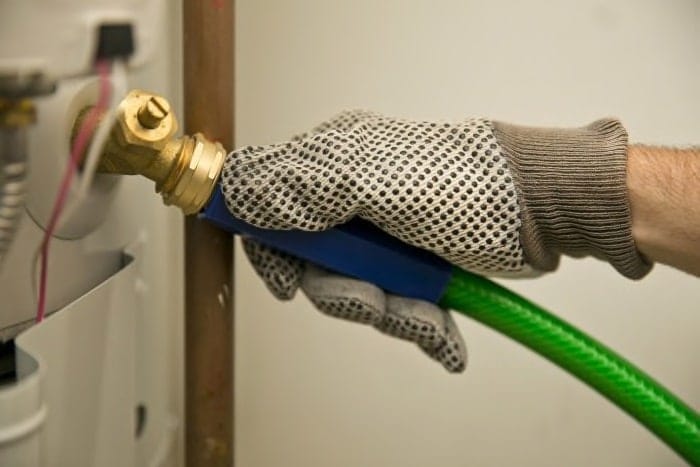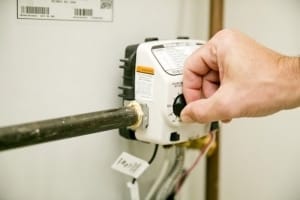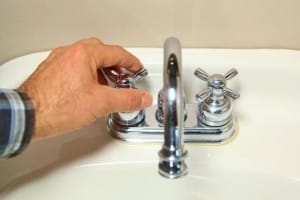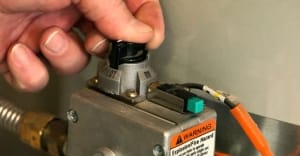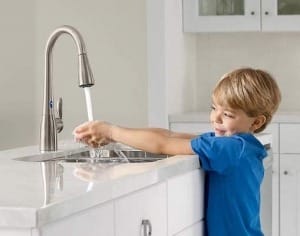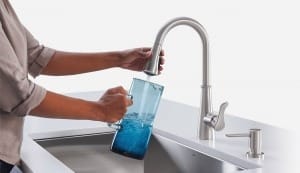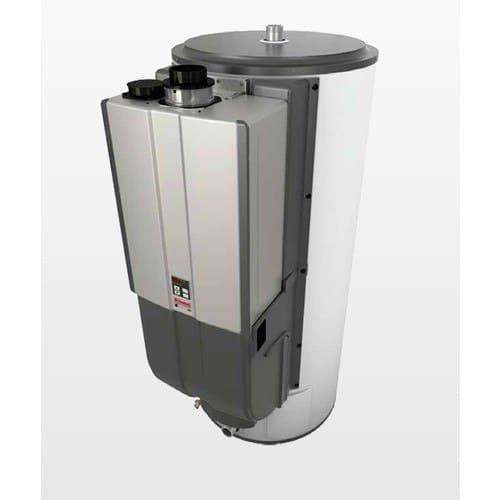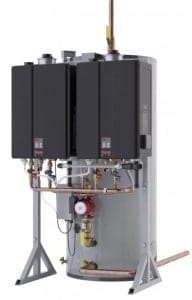Join the Best Plumbing Team in Raleigh, NC
Build a rewarding career with Poole’s Plumbing and Price Brothers, a trusted leader in plumbing services since 1977.
Join the Best Plumbing Team in Raleigh, NC. Are you ready to start a new trade, enhance your existing plumbing skills, and join a team that values honesty, hard work, and growth? At Price Brothers, we’re hiring plumbers, apprentices, and construction workers for our Garner, NC location. No matter your experience level, if you’ve got a strong work ethic and dedication, we’ve got a place for you.
Why Join Price Brothers?
When you become part of the Price Brothers family, you’re not just starting a job; you’re building a long-term career. Here’s what you can expect when you work with us:
Career Growth Opportunities
Whether you’re a seasoned plumber or just starting out, we provide training and consistent opportunities to help you master your craft.
Local, Stable Work
Say goodbye to overnight travel. Enjoy all local projects, allowing you to be home every night while working with a company that consistently delivers long-term, reliable work.
- Exceptional Pay and Benefits
- **Competitive Pay with Incentives:** Your hard work deserves recognition.
- Comprehensive Benefits Package: Medical, dental, vision, life insurance, and a 401(k) plan with matching contributions.
- 40 Hours Plus Overtime: Reliability you can depend on, with opportunities for extra earning.
- Family-Centered Culture
We believe in fostering a work environment where every member of our team feels supported and valued. With decades of experience, we take pride in being as committed to our employees as we are to our clients.
What We’re Looking For
We’re excited to welcome individuals who align with our core values of integrity and determination.
- You have experience as a plumber, apprentice, or construction worker (preferred but not necessary).
- You’re able to work in physically demanding conditions, including confined spaces or extreme weather.
- You’re drug-free and can pass a drug test.
- You bring honesty, a strong work ethic, and a commitment to doing what’s right.
How You’ll Thrive with Us
Price Brothers is more than a workplace; it’s a community where you can grow and excel. Our Garner team loves working together to build high-quality plumbing systems and solve customer challenges. If you’re ready to learn, grow, and succeed, now’s the time to take the next step in your career.
Why the Raleigh Area is the Perfect Place for Your Plumbing Career
Garner, NC, located just minutes from the bustling city of Raleigh, is an ideal location for building your career.
- Thriving Job Market: The Raleigh area consistently ranks as one of the best places for skilled trades.
- Community and Convenience: Enjoy small-town charm with all the conveniences of a metro area nearby.
- Affordable Living: Raleigh offers affordable living costs compared to other major urban areas, meaning your hard-earned money goes further.
FAQs
Do I need prior experience to apply?
Not necessarily. While experience is great, we’re more focused on finding individuals who are eager to learn and thrive in a hands-on role. We’ll train you!
What is the schedule like?
Our plumbers and apprentices work a standard 40-hour workweek with opportunities for overtime. All jobs are local, so there’s no overnight travel required.
What benefits can I expect as part of the Price Brothers team?
We offer a comprehensive package, including medical, dental, and vision insurance; a 401(k) match; paid time off (PTO); paid holidays; and more.
What’s the application process?
It’s simple! Click the Apply Now button, submit your details, and our HR team will reach out to coordinate the next steps.
Why is Price Brothers a great place to work?
For over four decades, we’ve built a reputation for professionalism and excellence. Our team is like family, and we’re committed to helping every team member succeed.
A Career That’s Built to Last
If you’re ready to work with a team that values you, supports your future, and gives you the tools to succeed, then Price Brothers is the place for you. Join a company that’s trusted, stable, and focused on building up its people as much as its projects.


